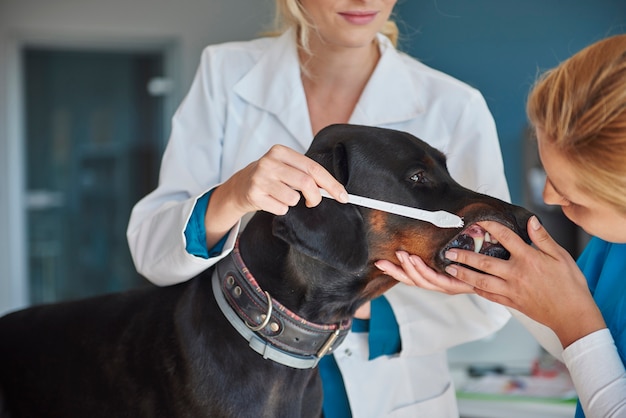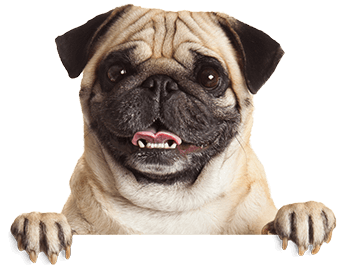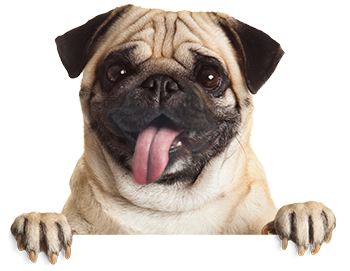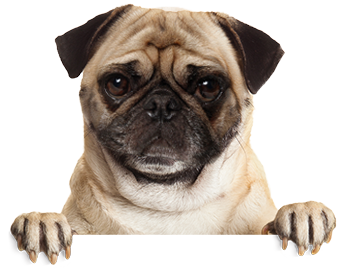Understanding ACL Surgery for Pets: What Owners Should Know
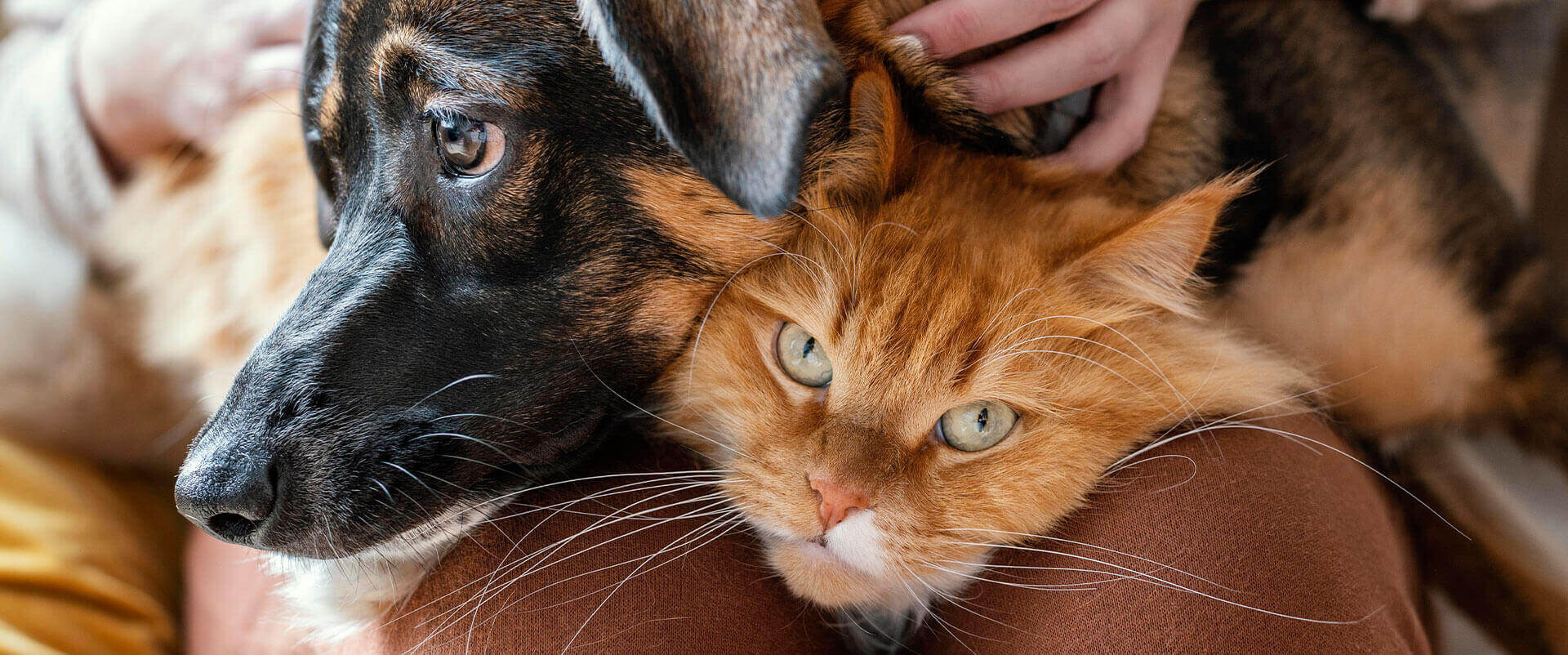

Understanding ACL Surgery for Pets: What Owners Should Know
When your dog or cat suddenly starts limping or avoids putting weight on a back leg, it can be distressing and leave you searching for answers. One common cause of significant hind limb lameness in pets is an injury to the ACL, or anterior cruciate ligament. If your veterinarian has mentioned pet ACL surgery as a potential solution, you likely have questions about what the procedure involves, how your pet will recover, and what you can do to help them heal comfortably. At Coble Animal Hospital, located at 2525 East Sangamon Avenue, Springfield, IL 62702, our veterinary team is committed to guiding you through every step of your pet’s orthopedic care. Whether you live in Springfield or nearby communities, we understand how important it is to find quality veterinary services near me when your pet needs specialized treatment.
In this guide, we’ll walk you through how to recognize ACL injuries in pets, why they happen, what to expect from veterinary orthopedic care in Springfield, and how our team supports your family from diagnosis through rehabilitation. We’ll also discuss ways to help your pet recover at home and clarify when to schedule an appointment to ensure the best outcome for your furry companion. If you’re seeking more information about ACL repair surgery for pets at Coble Animal Hospital, you’ll find expert, compassionate guidance here.
Recognizing ACL Injuries in Springfield Pets
Spotting the Signs of a Torn ACL
Many pet owners first notice a problem when their dog or cat suddenly yelps, limps, or refuses to stand on one of their back legs. In some cases, the change is dramatic, such as a pet who was running or playing and now cannot bear weight on a hind limb. Other times, the symptoms appear gradually, with subtle signs like favoring one leg, intermittent limping, or difficulty rising after rest.
Key symptoms of an ACL injury in pets include sudden or persistent lameness in a hind leg, reluctance to jump or climb stairs, stiffness after exercise or rest, and, in some cases, swelling around the knee joint. Some pets may show less enthusiasm for walks, hesitate to play, or seem generally uncomfortable. Cats are often more subtle, sometimes just moving less or grooming the affected leg excessively.
It’s important to note that any significant change in your pet’s ability to move, especially if accompanied by pain or distress, warrants prompt attention. Early diagnosis and intervention from a veterinarian near me can make a significant difference in your pet’s comfort and long-term outcome.
When to Suspect an ACL Injury
While ACL injuries are more common in dogs, especially active or larger breeds, cats can also experience ligament tears. If your pet is suddenly limping without a clear external wound, or if their limp does not improve after a day of rest, it’s wise to contact our veterinary team for a thorough assessment. Ongoing lameness or repeated episodes of limping may point to a partial tear or chronic knee instability, both of which benefit from early veterinary orthopedic care in Springfield.
Why Do ACL Injuries Happen in Pets?
Understanding the Anatomy and Causes
The anterior cruciate ligament (ACL), also known as the cranial cruciate ligament (CCL) in veterinary medicine, plays a crucial role in stabilizing the knee joint. When this ligament partially or completely tears, the knee becomes unstable, leading to pain, swelling, and loss of function.
Causes of ACL injuries in pets vary. In dogs, sudden trauma during vigorous play, running, or jumping can result in a complete tear. However, many injuries develop over time due to gradual weakening of the ligament. Factors such as genetics, obesity, joint conformation, and age contribute to ligament degeneration in both dogs and cats. Older pets, overweight animals, and certain breeds may be at greater risk.
Environmental factors also play a role. For example, icy sidewalks during Springfield winters or slippery indoor flooring can increase the risk of slips and falls, which may trigger a ligament injury. Even a playful jump off the couch can sometimes result in a torn ACL in predisposed pets.
The Role of Breed, Weight, and Activity Level
Large and giant breed dogs such as Labradors, Golden Retrievers, and Rottweilers, as well as highly active dogs, are particularly prone to ACL injuries. Cats, while less commonly affected, may experience ligament tears as a result of jumping from high surfaces or during falls. Maintaining an ideal weight and providing regular, controlled exercise can help reduce the risk, but some pets are simply more predisposed due to their anatomy or lifestyle.
If you have questions about your pet’s risk for orthopedic injuries or would like to learn more about preventive strategies, our comprehensive pet exam includes joint and mobility assessments to catch early changes before they become serious problems.
Veterinary Orthopedic Care in Springfield: How Is Pet ACL Surgery Performed?
The Diagnostic Process
When you bring your pet to Coble Animal Hospital for an evaluation, our veterinarians begin by gathering a thorough history and performing a detailed orthopedic examination. Diagnostic steps include checking for joint instability, pain, swelling, and reduced range of motion. In many cases, digital radiographs (X-rays) are taken to rule out fractures, arthritis, or other joint issues. Advanced diagnostics may also be used as needed to confirm the injury.
If an ACL tear is diagnosed, our team will discuss the best treatment options for your pet, taking into account their age, size, health status, and activity level. In many cases, pet ACL surgery in Springfield is recommended for dogs with complete tears and for those who remain lame despite conservative management. Cats and very small dogs may sometimes respond to non-surgical treatment, but surgery often provides the best chance for long-term mobility and comfort.
What Happens During Pet ACL Surgery?
Pet ACL surgery involves stabilizing the knee joint so your pet can walk comfortably again. At Coble Animal Hospital, our veterinarians perform several types of ACL repair procedures tailored to your pet’s unique needs. The most common surgical technique is the lateral suture method, which uses a strong, synthetic material to mimic the function of the torn ligament and restore stability to the knee. For larger or more active dogs, other advanced techniques may be discussed.
The procedure is performed under general anesthesia, and your pet’s vital signs are monitored closely throughout. Our hospital is equipped with modern surgical technology, including digital radiology and advanced pain management protocols, to ensure the safest possible experience for your companion. After surgery, pets recover in a comfortable, quiet environment where our veterinary professionals provide attentive, compassionate care.
For a more detailed overview of our surgical approach and the options available, you can visit our ACL repair surgery information for pets at Coble Animal Hospital.
Recovery and Rehabilitation
Following pet ACL surgery in Springfield, a structured rehabilitation plan is essential to ensure a successful outcome. Most pets go home the same day or after a brief hospital stay, depending on their condition and the complexity of the surgery. The first few weeks focus on rest, restricted activity, and pain management, with gradual increases in controlled leash walks as healing progresses.
Our veterinarians will provide you with a clear timeline and specific instructions, including how to monitor the surgical site, when to return for follow-up visits, and what activities are safe at each stage. Full recovery can take 8 to 12 weeks, but many pets regain comfortable mobility much sooner with proper support.
Supporting Your Pet’s Recovery at Home
Pain Management and Comfort
Managing your pet’s pain and supporting their healing are top priorities after surgery. Our team will prescribe appropriate medications, including anti-inflammatories and, in some cases, ongoing pain relief. Cold therapy, gentle massage, and a comfortable, non-slip resting area all help your pet feel at ease during the early recovery phase.
If you’d like to learn more about post-operative comfort, our comprehensive pain management services for pets are designed to address both surgical recovery and chronic pain conditions.
Activity Restrictions and Rehabilitation
Strict activity restriction is crucial for the first several weeks after pet ACL surgery in Springfield. Steps to support healing include confining your pet to a small area or crate, using a leash for all walks, and preventing jumping or rough play. Your veterinarian may recommend gentle range-of-motion exercises or refer you to a certified rehabilitation therapist for advanced care.
As your pet heals, gradually increasing supervised walks and incorporating low-impact exercise will help rebuild muscle strength. Providing a stable, non-slippery surface and using ramps or stairs for furniture access can reduce the risk of re-injury.
Nutrition and Weight Management
Keeping your pet at a healthy weight reduces stress on healing joints and supports overall recovery. Our veterinarians can recommend appropriate nutritional plans and portion control strategies tailored to your pet’s needs. If you have concerns about weight gain during the recovery period, our team can help you adjust your pet’s diet and activity plan.
When to Seek Veterinary Care for ACL Injuries
Recognizing When Professional Help Is Needed
If your pet is limping for more than 24 hours, shows signs of significant pain (such as crying, panting, or refusing to move), or if you notice swelling, instability, or changes in behavior, it is important to schedule an appointment promptly. Early evaluation and intervention by a quality vet near me can prevent further joint damage and speed up recovery.
Even after surgery, watch for warning signs such as excessive licking at the incision, swelling, discharge, or regression in your pet’s mobility. Any of these changes should prompt a call to our veterinary professionals for advice or a follow-up examination.
The Importance of Ongoing Care
ACL injuries can sometimes affect both knees, either at the same time or in the future. Routine wellness examinations and orthopedic checks are the best way to monitor your pet’s joint health and catch any early signs of trouble. Our wellness examinations and health screenings for pets are designed to keep your pet active and healthy throughout their life.
Take the Next Step: Trust Coble Animal Hospital for Pet ACL Surgery in Springfield
Facing pet ACL surgery in Springfield can feel overwhelming, but you don’t have to navigate this journey alone. At Coble Animal Hospital, our experienced veterinarians are here to support you and your pet with advanced veterinary orthopedic care, clear communication, and a compassionate approach tailored to your family’s needs.
If you have noticed signs of lameness or suspect an ACL injury, or if your pet is recovering from recent surgery, we encourage you to reach out to our veterinary team to schedule an appointment. Our commitment to preventive care and ongoing support means you can rely on us for every stage of your pet’s recovery, from diagnosis to rehabilitation and beyond.
Whether you are searching for a vet near me or specifically need pet ACL surgery in Springfield, our team is just a phone call away. To book a consultation or learn more about our services, contact us at (217) 789-0011 or visit us at 2525 East Sangamon Avenue, Springfield, IL 62702. For detailed information about our ACL repair surgery for pets or to schedule your pet’s next comprehensive pet exam, we are ready to help.
Your pet’s mobility, comfort, and quality of life matter deeply to us. Let Coble Animal Hospital be your trusted partner for pet ACL surgery in Springfield and surrounding communities—because every step your pet takes should be a happy, healthy one.
This article is intended for educational purposes only and does not replace individualized veterinary advice. Please consult our veterinarians for recommendations specific to your pet’s condition. For more information on ACL injuries in pets, you can visit resources such as the American College of Veterinary Surgeons.


